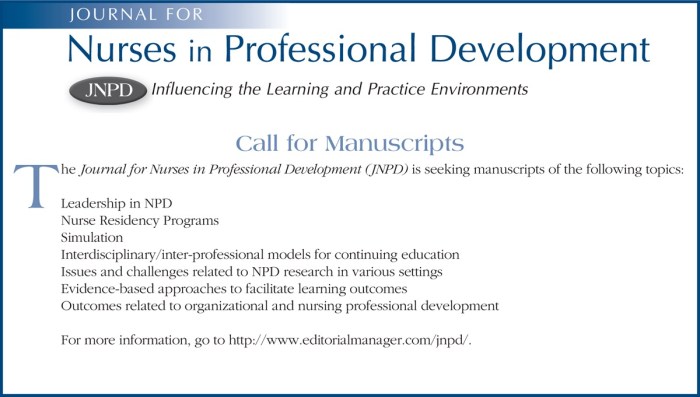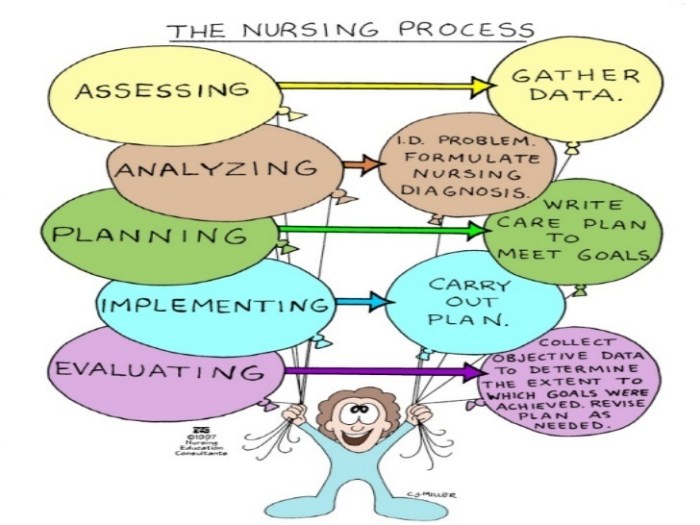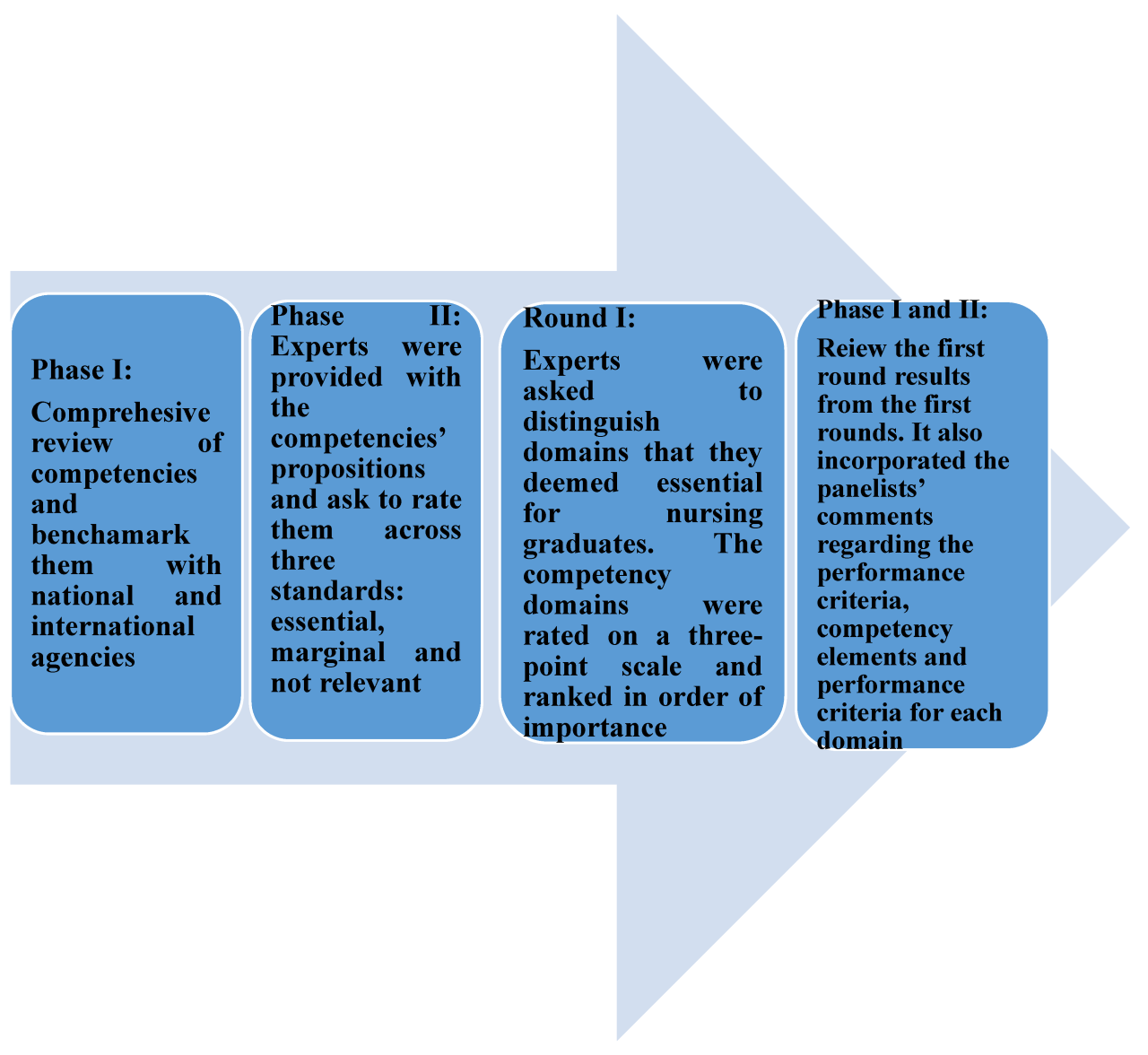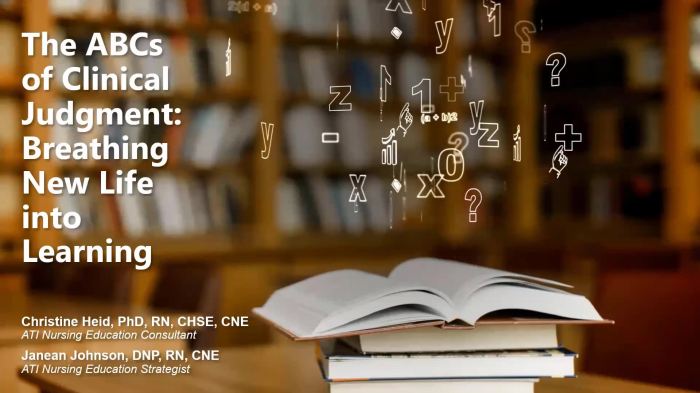Knowledge and clinical judgement ati – Knowledge and clinical judgment form the bedrock of ATI, empowering practitioners to deliver optimal patient care. This article explores the significance of both elements, the methods used to assess them, and strategies for their continuous development and maintenance.
Knowledge and Clinical Judgment in ATI: Knowledge And Clinical Judgement Ati

Knowledge and clinical judgment are crucial components of Assessment Technologies Institute (ATI) practice. Knowledge refers to the theoretical understanding and expertise in nursing principles, practices, and procedures. Clinical judgment, on the other hand, is the ability to apply this knowledge in real-world patient care situations, making sound decisions and interventions based on assessment findings, patient history, and available resources.The
combination of knowledge and clinical judgment is essential for providing optimal patient care. Knowledge provides the foundation for understanding patient conditions, treatment options, and nursing interventions. Clinical judgment enables nurses to interpret patient data, prioritize care needs, and make appropriate decisions to ensure the best possible outcomes.
Examples of Knowledge and Clinical Judgment in ATI Practice
*
-*Knowledge
Understanding the principles of wound care, including proper dressing selection and infection prevention.
-*Clinical Judgment
Assessing a wound for signs of infection, determining the appropriate dressing type, and monitoring the wound for healing progress.
*
-*Knowledge
Familiarity with medication administration procedures, including dosage calculations and patient safety protocols.
-*Clinical Judgment
Verifying patient identification, calculating the correct medication dosage, and monitoring the patient for any adverse reactions.
*
-*Knowledge
Understanding the pathophysiology of respiratory conditions, such as pneumonia and asthma.
-*Clinical Judgment
Auscultating lung sounds to assess airway patency, monitoring oxygen saturation levels, and administering appropriate respiratory medications.
Assessing Knowledge and Clinical Judgment

Assessing knowledge and clinical judgment is crucial for evaluating the competence of healthcare professionals. Knowledge refers to the theoretical understanding of medical concepts and principles, while clinical judgment involves the application of knowledge in real-world clinical situations to make sound decisions about patient care.
Methods for Assessing Knowledge
- Written examinations:Multiple-choice questions, short answer questions, and essay questions can assess knowledge of medical facts, principles, and concepts.
- Oral examinations:Questions posed by examiners in a face-to-face setting can assess knowledge in a more interactive manner, allowing for follow-up questions and clarification.
- Simulation exercises:Simulated clinical scenarios can assess knowledge in a more practical setting, where candidates must apply their knowledge to make decisions and solve problems.
Methods for Assessing Clinical Judgment
- Case-based assessments:Candidates are presented with clinical cases and asked to analyze the information, make a diagnosis, and develop a treatment plan.
- Clinical simulations:Candidates are placed in simulated clinical environments and required to interact with patients, make decisions, and perform procedures.
- Direct observation:Supervisors or preceptors observe candidates in real-world clinical settings, evaluating their decision-making, problem-solving skills, and patient interactions.
Challenges in Assessing Knowledge and Clinical Judgment
- Subjectivity:Assessments of clinical judgment can be subjective, as different assessors may have varying interpretations of what constitutes good clinical judgment.
- Context dependence:Clinical judgment is often context-dependent, making it difficult to assess in standardized settings.
- Time constraints:Assessments often have limited time frames, which may not allow for a comprehensive evaluation of clinical judgment.
Recommendations for Improving Assessment
- Use multiple assessment methods:Combining different assessment methods can provide a more comprehensive evaluation of knowledge and clinical judgment.
- Provide clear assessment criteria:Establish specific criteria for assessing clinical judgment, ensuring consistency and fairness in evaluation.
- Train assessors:Assessors should receive training to ensure they have a consistent understanding of assessment criteria and can provide unbiased evaluations.
- Use standardized patient cases:Standardized patient cases can help reduce subjectivity and ensure that all candidates are assessed on the same clinical scenarios.
- Allow for reflective practice:Provide opportunities for candidates to reflect on their performance and identify areas for improvement.
Developing Knowledge and Clinical Judgment

Developing knowledge and clinical judgment is a continuous process that begins with education and training and continues throughout a nurse’s career. Education provides the foundation of knowledge necessary for safe and effective nursing practice, while training helps nurses develop the skills needed to apply that knowledge in clinical settings.
Role of Education and Training
Education and training play a vital role in developing knowledge and clinical judgment. Education provides nurses with the theoretical knowledge and scientific principles that underpin nursing practice. This knowledge includes anatomy, physiology, pharmacology, pathophysiology, and nursing theory. Training, on the other hand, helps nurses develop the skills needed to apply this knowledge in clinical settings.
This includes skills such as assessment, diagnosis, planning, intervention, and evaluation.
Importance of Experience
Experience is also essential for developing knowledge and clinical judgment. As nurses gain experience, they have the opportunity to apply their knowledge and skills in real-world situations. This allows them to develop a deeper understanding of the complexities of nursing practice and to refine their clinical judgment.
Experience also helps nurses to develop a sense of intuition, which can be invaluable in making quick and accurate decisions in clinical settings.
Recommendations for Developing Knowledge and Clinical Judgment
- Pursue continuing education and training.There are many opportunities for nurses to continue their education and training, both formally and informally. Formal continuing education programs can be found at colleges, universities, and hospitals. Informal continuing education can be found through online courses, workshops, and conferences.
- Seek out mentorship and preceptorships.Mentorship and preceptorships can provide nurses with valuable opportunities to learn from experienced nurses and to develop their clinical judgment. Mentors can provide guidance and support, while preceptors can provide hands-on experience in clinical settings.
- Reflect on your practice.Reflection is an essential part of developing knowledge and clinical judgment. By reflecting on your practice, you can identify areas where you need to improve and develop strategies for improvement.
Maintaining Knowledge and Clinical Judgment

Maintaining knowledge and clinical judgment is an ongoing process that requires nurses to actively engage in learning and professional development. This includes staying up-to-date with the latest research and best practices, as well as reflecting on their own experiences to identify areas for improvement.
Strategies for Maintaining Knowledge and Clinical Judgment, Knowledge and clinical judgement ati
Several strategies can be used to maintain knowledge and clinical judgment, including:
- Continuing education:Attending conferences, workshops, and other educational activities can help nurses stay up-to-date with the latest research and best practices.
- Reading professional journals and books:Reading professional journals and books can help nurses stay informed about the latest research and best practices.
- Participating in online learning communities:Participating in online learning communities can help nurses connect with other nurses and share ideas and best practices.
- Mentoring and precepting:Mentoring and preceptor can help nurses share their knowledge and skills with other nurses.
- Reflective practice:Reflective practice involves reflecting on one’s own experiences to identify areas for improvement.
Challenges Associated with Maintaining Knowledge and Clinical Judgment
Several challenges can make it difficult for nurses to maintain knowledge and clinical judgment, including:
- The rapidly changing healthcare environment:The healthcare environment is constantly changing, which can make it difficult for nurses to stay up-to-date with the latest research and best practices.
- Time constraints:Nurses often have busy schedules, which can make it difficult for them to find time for continuing education and professional development.
- Lack of resources:Nurses may not have access to the resources they need to stay up-to-date with the latest research and best practices.
Recommendations for Maintaining Knowledge and Clinical Judgment
Several recommendations can help nurses maintain knowledge and clinical judgment, including:
- Make a commitment to lifelong learning:Nurses should make a commitment to lifelong learning and seek out opportunities to learn new things.
- Develop a personal learning plan:Nurses should develop a personal learning plan that Artikels their goals for continuing education and professional development.
- Seek out mentorship and support:Nurses should seek out mentorship and support from other nurses and healthcare professionals.
- Use technology to stay up-to-date:Nurses can use technology to stay up-to-date with the latest research and best practices.
- Engage in reflective practice:Nurses should engage in reflective practice to identify areas for improvement.
Questions Often Asked
What is the significance of knowledge in ATI?
Knowledge provides ATI practitioners with the theoretical foundation and evidence-based practices essential for informed decision-making and effective interventions.
How is clinical judgment assessed in ATI?
Clinical judgment is commonly assessed through standardized tests, simulations, and direct observation of practice.
What are the challenges associated with maintaining knowledge and clinical judgment?
Maintaining knowledge and clinical judgment requires ongoing professional development, staying abreast of advancements in the field, and engaging in reflective practice.

